Multiple engineering sample benchmarks for Intel’s upcoming CPU generation are now out in the wild. The topic of today’s story relates to a user that claims to have reviewed the Intel i9-13900K CPU performance in multiple apps.
The alleged review by ExtremePlayer shows clear generational performance gains directly in line with expectations for the top 13th gen Raptor Lake CPU. In short, the 13900K is about 10% faster in single core and 22-46% faster in multi-core testing than the Alder Lake i9-12900K, depending on the test.
A few things that stand out are the higher E-Core counts, higher peak boost frequencies, and increased power consumption. The 13900K will use eight P-Cores and 16 E-Cores. That’s double the E-Cores of the 12900K. Single core boost frequencies up to 5.7 GHz were also achieved. The engineering sample also briefly exceeded 400W in one measurement. All of this was done on a system equipped with 6400 DDR5, a Z690 ROG Extreme motherboard, an Nvidia RTX 3060 Ti, and a 360mm CPU liquid cooler.
How will gamers benefit?
It’s hard to say exactly without testing the CPU ourselves in games. Synthetic benchmarks are useful ways of determining relative performance, but they don’t always translate to gaming purposes. Additionally, it’s important to remember this is just an engineering sample, so its characteristics aren’t necessarily representative of the final retail models.
Generally speaking, though, we can see that the Intel i9-13900K CPU should deliver decently better gaming performance for several reasons. It clocks higher, which will help older games. It also has more cache, which is another thing that boosts framerates. We can likely also expect higher all-core frequencies, which will help modern games that utilize multiple cores.
Higher power consumption is also a concern, but we’ll reserve judgement until we see gaming results versus the synthetic tests that often use significantly more energy.
Another thing is that while the doubling of E-Cores does sound interesting and beneficial for multi-tasking, we’re curious if game performance will benefit from this. This would require some collaboration from game developers, as most games don’t scale past using six total cores, let alone 24. Game applications default to the P-Cores anyway, so the i9 may end up being overkill.
It’s all good
The positive is that increased performance over the Alder Lake 12th gen CPU lineup is just icing on the cake at this point for gamers. Modern CPUs are so far ahead of what popular games require, it’s easy to have a quality, high-refresh experience.
There’s no reason to invite slowdowns, though, and AMD’s upcoming Ryzen 7000 Series will add fierce competition to the CPU space. We expect more CPU performance leaks like this Intel i9-13900K appearance in the months ahead.

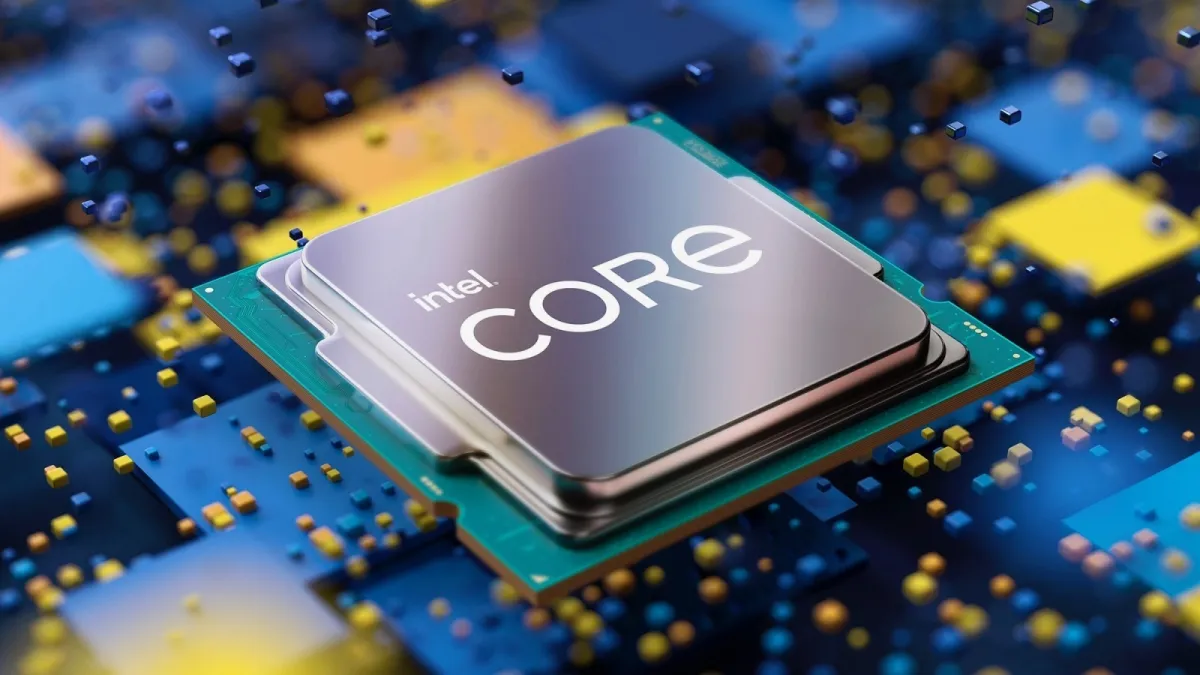

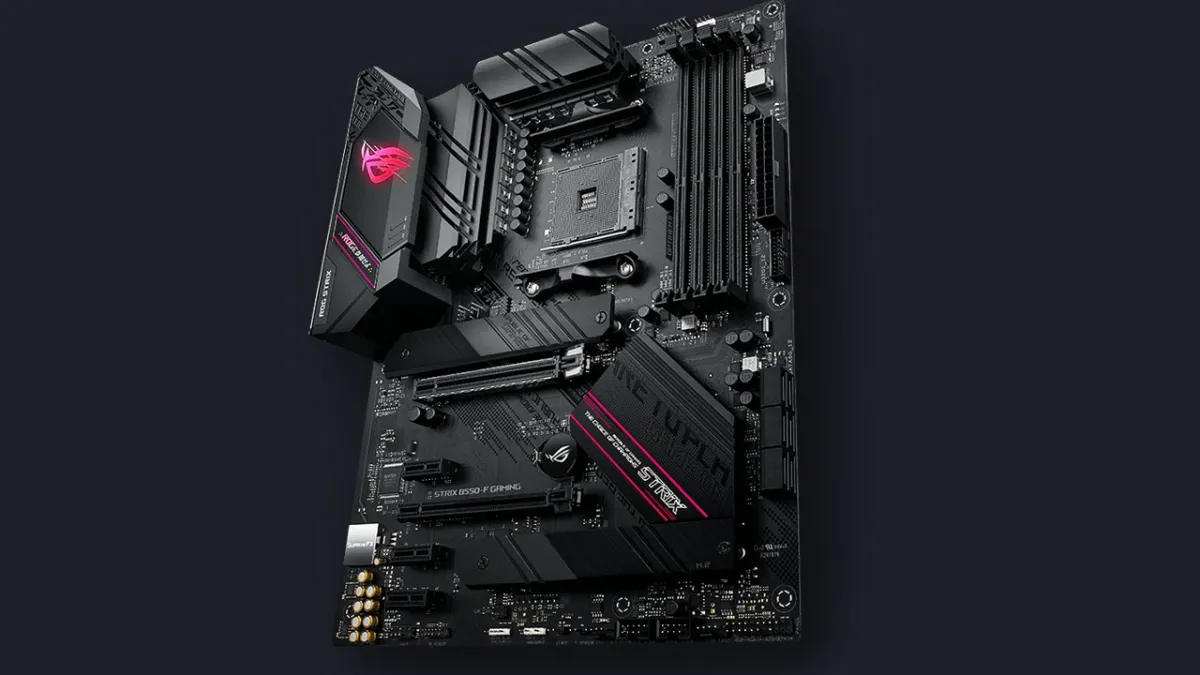
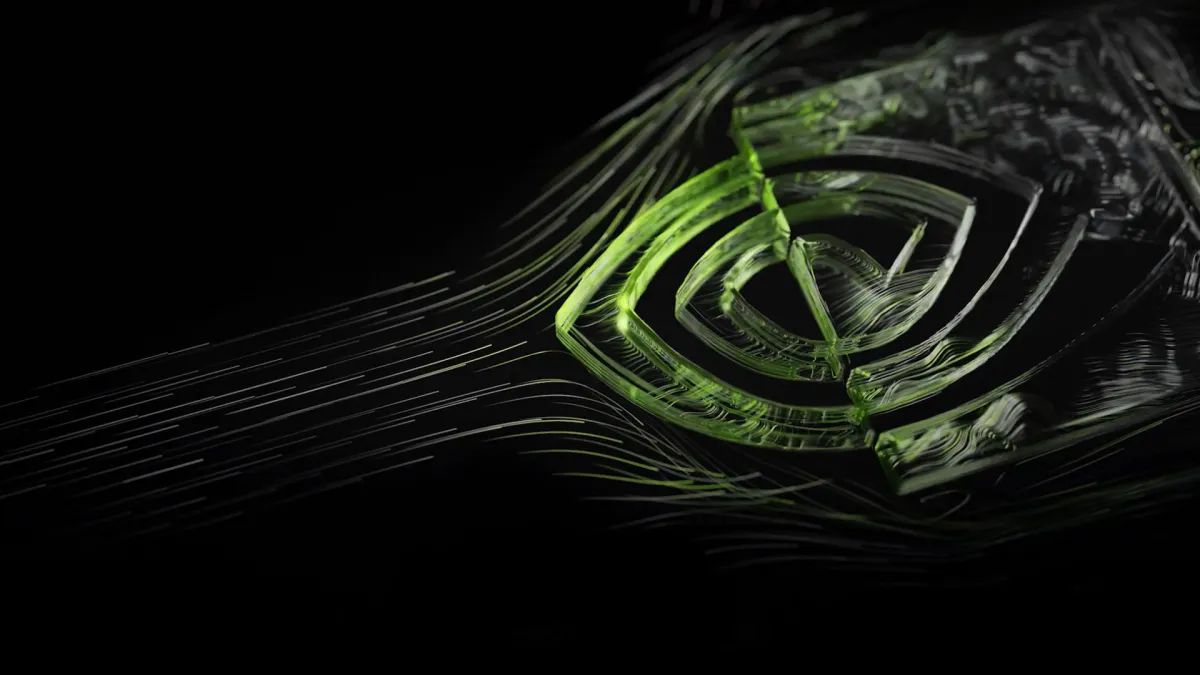

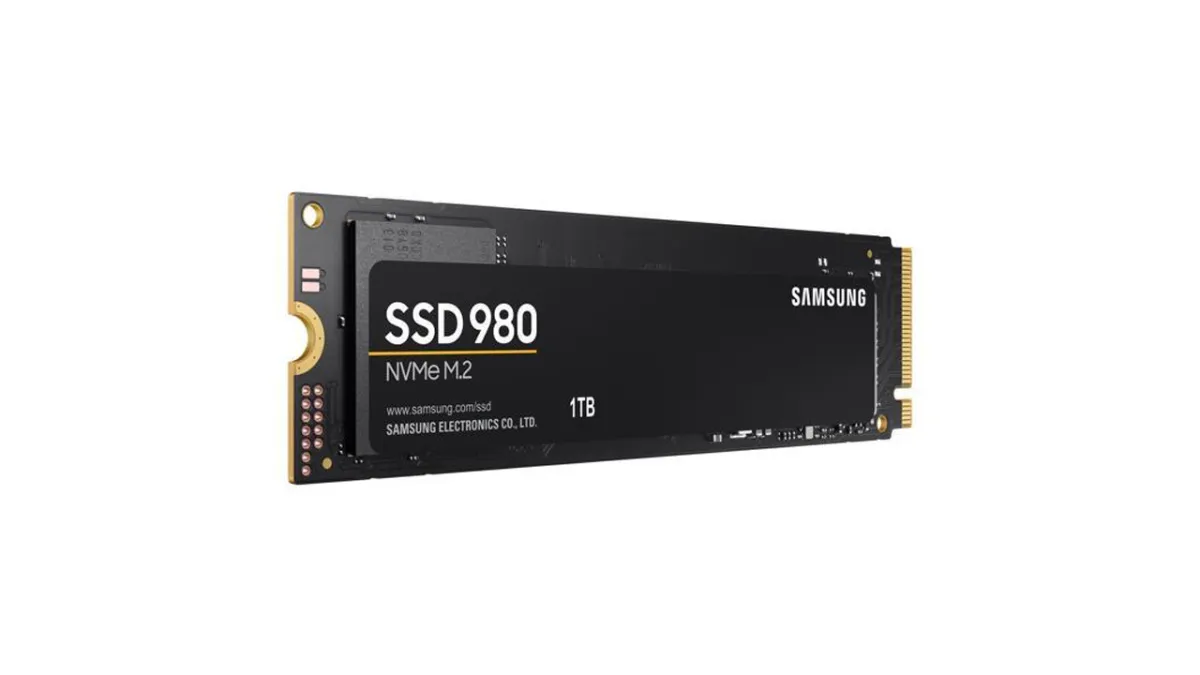
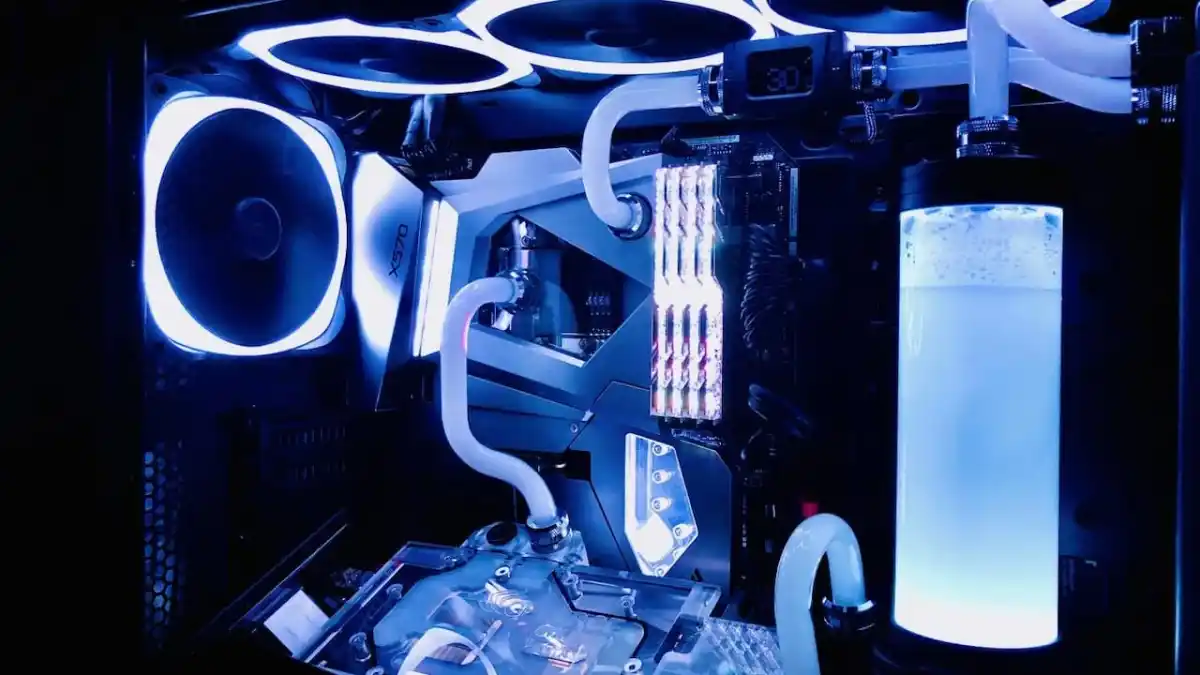
Published: Jul 14, 2022 01:15 pm